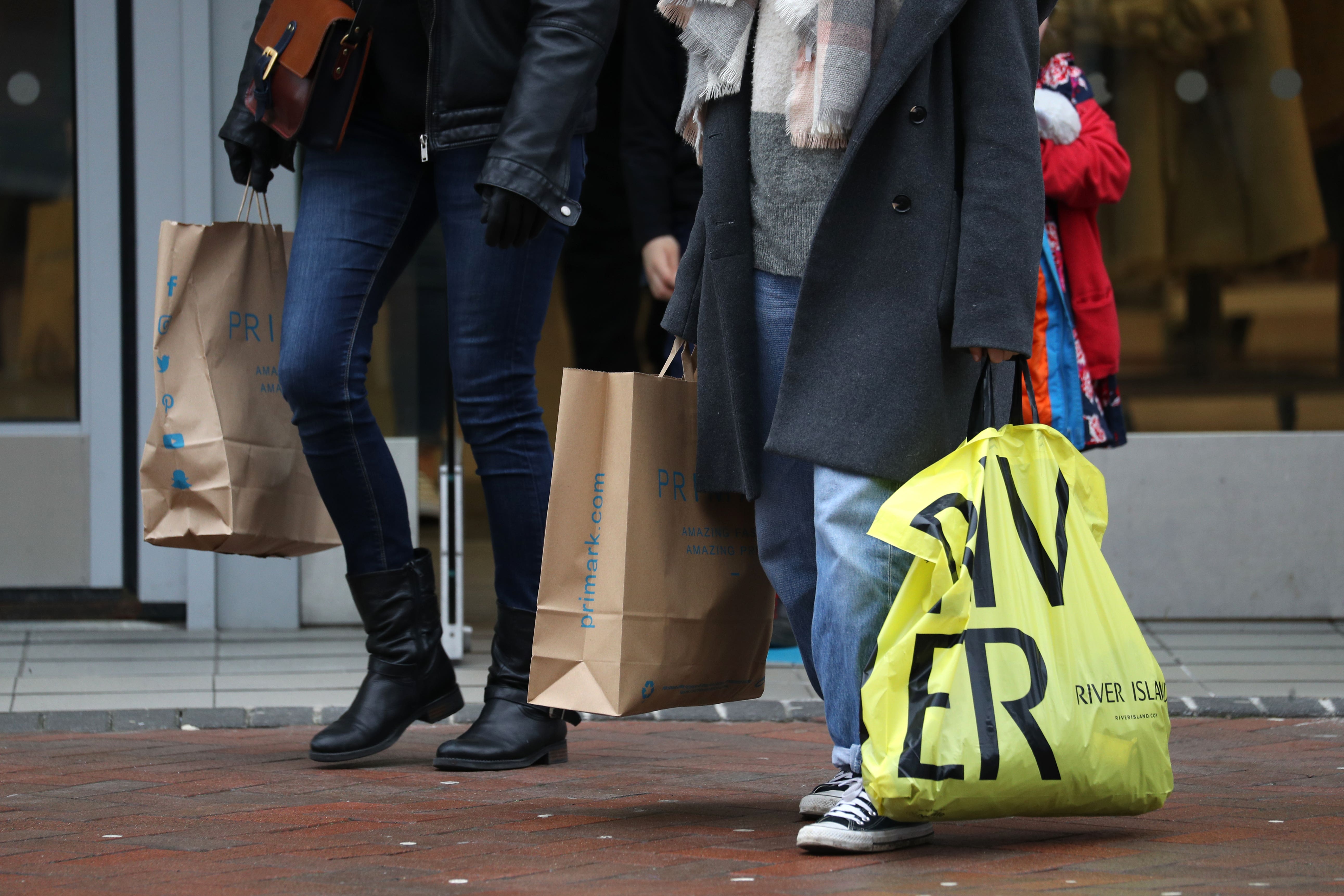Fears of rising energy bills and a costly Christmas lead consumers to cut back
Some 14% of consumers say they have already made mutual agreements to cut back on gift-giving, figures from Barclays show.

Your support helps us to tell the story
From reproductive rights to climate change to Big Tech, The Independent is on the ground when the story is developing. Whether it's investigating the financials of Elon Musk's pro-Trump PAC or producing our latest documentary, 'The A Word', which shines a light on the American women fighting for reproductive rights, we know how important it is to parse out the facts from the messaging.
At such a critical moment in US history, we need reporters on the ground. Your donation allows us to keep sending journalists to speak to both sides of the story.
The Independent is trusted by Americans across the entire political spectrum. And unlike many other quality news outlets, we choose not to lock Americans out of our reporting and analysis with paywalls. We believe quality journalism should be available to everyone, paid for by those who can afford it.
Your support makes all the difference.Fears of rising energy bills and a particularly expensive Christmas led consumers to rein in their spending in October as 14% say they have already made mutual agreements to cut back on gift-giving, figures show.
Card spending rose by just 2.6% year-on-year last month, the smallest uplift since last September, Barclays reported.
Spending on essential items also slowed from last month’s 4.6% annual increase to 3.9% – largely down to easing food price inflation but also driven by 69% of consumers continuing to look for ways to cut the cost of their grocery bill.
It looks as though the oomph continues to go out of squeezed UK consumers
Amid the heightened price sensitivity, some 70% of shoppers reported noticing a trend known as “slack-filling” – when certain supermarket items contain less of the actual product than is suggested by the size of the packaging.
Among the products most commonly noticed as having been “slack-filled” were crisps (65%), sweets (43%), biscuits (43%), boxes of chocolate (42%) and washing detergent (21%).
More than two fifths of consumers (41%) also report that some Christmas food and drink products appear to be smaller or weigh less despite costing the same or more than last year, such as chocolate boxes (30%), cheese (14%), mince pies (12%), and Christmas pudding and cake (both 11%).
Some seven in 10 consumers (71%) say they now take food and drink from home on days out to avoid paying premium prices at venues.
Non-essential spending was up by just 2% on last October as 47% of consumers reported plans to cut back in order to afford their energy bills throughout autumn and winter, most commonly on takeaways, eating out at restaurants and buying new clothes and accessories.
Adding to consumers’ financial woes, some 36% expect that this Christmas will be more expensive than the last, and 21% are concerned about keeping up with costs during the festive period.
Some 37% say they expect to spend less on Christmas gifts this year, just 13% anticipate spending more and 18% have started buying presents to spread out the cost, while 14% have spoken to loved ones to make a mutual agreement to cut back on gift-giving.
Jack Meaning, chief UK economist at Barclays, said: “It looks as though the oomph continues to go out of squeezed UK consumers.
“The latest transaction data shows they are pulling back from discretionary spending and increasingly worried about their future ability to spend, adding to the picture painted by other data.
“While some of these effects might be being amplified by unseasonal weather, it’s hard to dismiss the growing evidence.”
Opinium surveyed 2,000 UK adults between October 20-24.